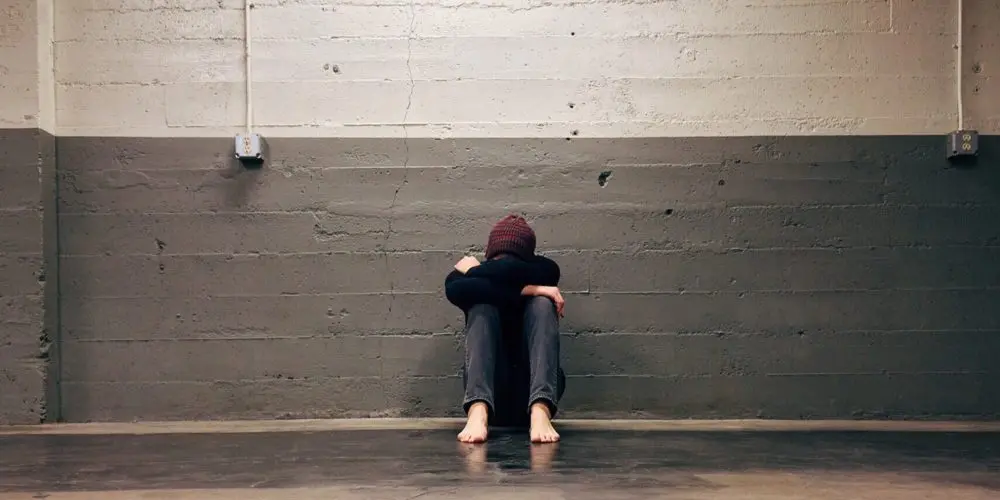Impulsivity is one of the most common symptoms of ADHD. It’s also one of the most difficult to manage.
While any adult might sometimes act without thinking, it’s especially troublesome for those with ADHD. That’s partly because of changes in the brains of those with the diagnosis. Research has found that there may be differences in the thalamus area of the brain that controls response inhibition, making it more difficult to stop themselves quickly.
It’s a big deal because impulsivity can disrupt life routines in many ways. There may be instances where those with ADHD are judged more harshly. This happens especially when those affected grow older and display behavior that seems inappropriate in the workplace or social settings.
How can you bring your impulses under control? Try this guide for preventing and dealing with daily challenges.
Being Proactive
An angry outburst or tactless remark could damage your relationships or career. Some simple precautions can help you to prevent many risky situations.
Try these strategies:
Establish routines
It’s easier to respond skillfully if you know what to expect. Some surprises are unavoidable but stick to a consistent schedule as much as possible. Go to bed and wake up at the same time each day. Designate specific hours for meals, work, and chores.
Transition gradually
Switching from one activity to another can be stressful when you have ADHD. Try to relax and clear your mind in between meetings and errands. Go for a walk or drink a cup of tea.

Create barriers
Protect yourself from destructive behavior. Leave your credit cards home if you tend to spend too much. Keep junk food out of your kitchen if you’re prone to emotional overeating.
Practice self-care
You have more self-control when you stay fit. Eat nutritious whole foods, exercise regularly, and sleep well.

Seek support
Let your family and friends know how they can help you. Maybe there's a coworker you trust who can give you constructive feedback about habits that may be holding you back.
Take your medication
Any coping strategy will be more effective if you follow your doctor’s recommendations. Most adults with ADHD need to take medication at least temporarily.

